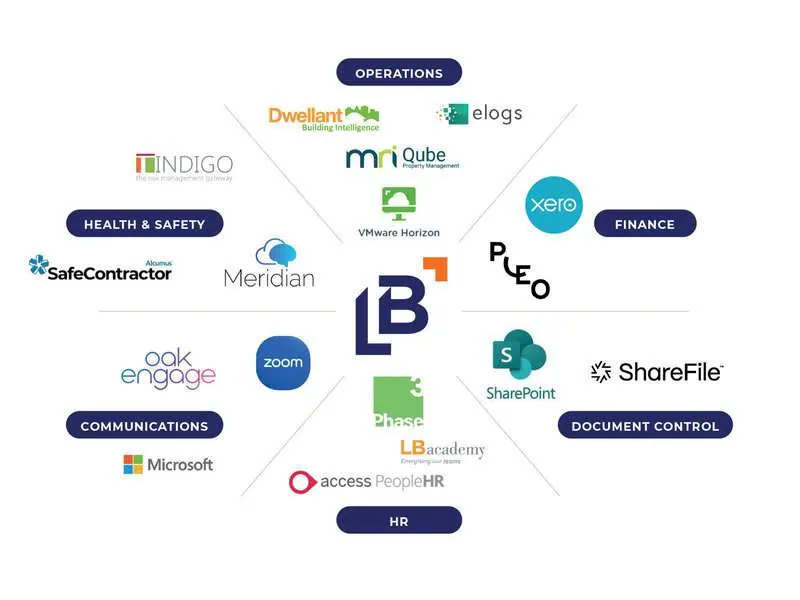To be a successful Property Manager in today’s world, you have to be capable in a number of vastly different disciplines. That’s why Property Managers have long been considered a jack-of-all-trades. Not only do Property Managers (as the name suggests) effectively manage an asset on the ground throughout its lifecycle stages, but now more than ever they must also be able to communicate and build relationships with clients and building users; managing expectations, delivering promises and not just meeting, but predicting their needs.

The complex blend of soft and hard skills a Property Manager is required to possess in order to deliver means the role is no longer achievable for a single individual to fulfil, and nor is it realistic for employers to think it should be. Deep expertise in customer experience, M&E, placemaking, communications, community, stakeholder engagement, and technology is needed now more than ever for property management providers to do their jobs correctly.
That’s because the way people use their places and spaces is changing. And so therefore must the way they are managed and are brought to life.
But how do the specialist skills, projects, workflows, and information streams involved in today’s property management businesses remain connected, ensuring a joined-up approach is taken at all times?
Property Managers have historically used property management systems statically to store customer and financial information such as service charge data, insurance details, and ground rent values. There was previously no ability for these systems to communicate effectively with lessees or to keep track of works orders, compliance, and health and safety information amongst other things, let alone benchmark customer satisfaction and enable feedback.
Over the last few years, we have seen the Proptech sector come to the fore after a period of infancy during which many new technologies never quite delivered what they promised.
Now, there is a wealth of brilliant platforms and digital services that actually work available to investors, owners, developers, and building users. Communication is now instant and electronic, client reporting is flexible to suit individual needs, purchase orders are automated, and monitoring of compliance is possible in real-time. Critically, integration of these platforms is becoming simpler, quicker, and more cost-effective, meaning it’s never been easier for businesses to build an individual technology ecosystem that is fit for their specific purposes and seamlessly interacts.
In collaboration with carefully selected technical partners, we have developed an ecosystem that enables all of our departments to collaborate and track each other’s progress and which then provides our clients with one reporting interface, allowing them to understand their property and portfolio performance in real-time, as well as communicate with us.
Investing in the right technologies and entering into the right partnerships should clearly be a focus of property management providers in their efforts to make operational efficiencies whilst also enhancing their customer and client experience, but it’s only part of the story. The baseline for success should always be talent, and property management businesses must strive to hire and retain people with the right blend of expertise in order to design and operate their technology and tools in a way that solves genuine customer and client pain points.

